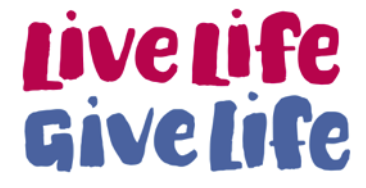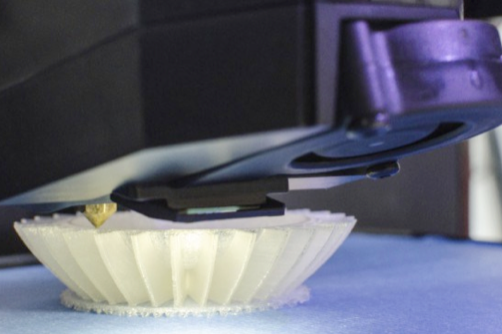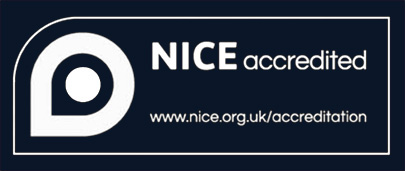
Live Life Give Life (LLGL) is a small charity which focuses on raising awareness of organ donation, funding initiatives to improve the welfare of (and outcome for) patients who need transplants and encouraging people to register as organ donors which, ultimately, saves lives.
The charity is delighted to offer two Travelling Fellowships in 2016 to clinicians, nurses and allied health professionals wishing to make collaborative visits to other institutes. These fellowships are designed to promote international cooperation and advance training of those in the organ transplantation field.
The LLGL Travelling Fellowships should offset the cost of travel and other expenses to enable transplant medicine professionals to carry out short-term studies in well-established transplant centers, enabling them to learn and use techniques or research approaches/methods not implemented in their host institution.
The maximum grant will be up to £5,000 (GBP) for each Travelling Fellowship. Fellowships will not be awarded to attend medical/scientific meetings, nor for course fees where training is requested. The application process is competitive and the board of trustees will review all applications.
To request an application pack, please email: info@livelifegivelife.org.uk.
Please review the rules, eligibility criteria and conditions before applying.




